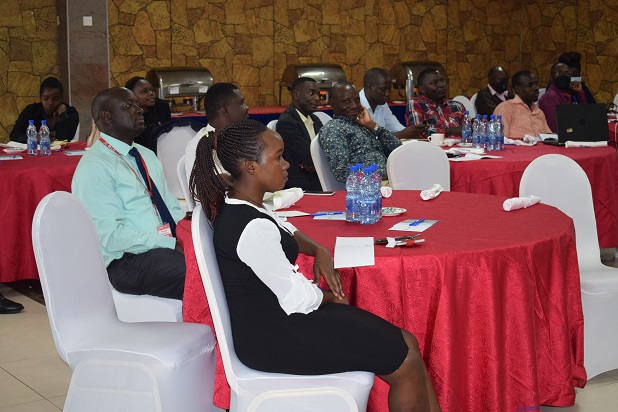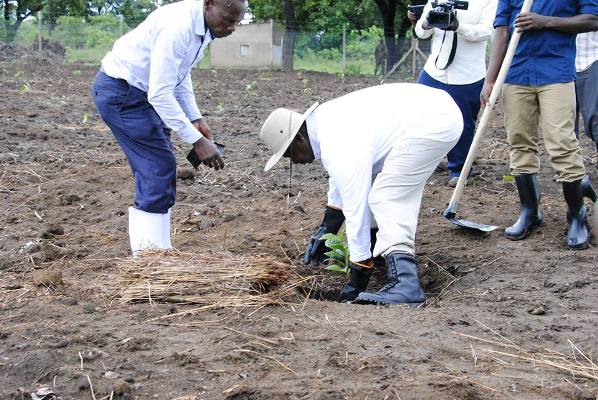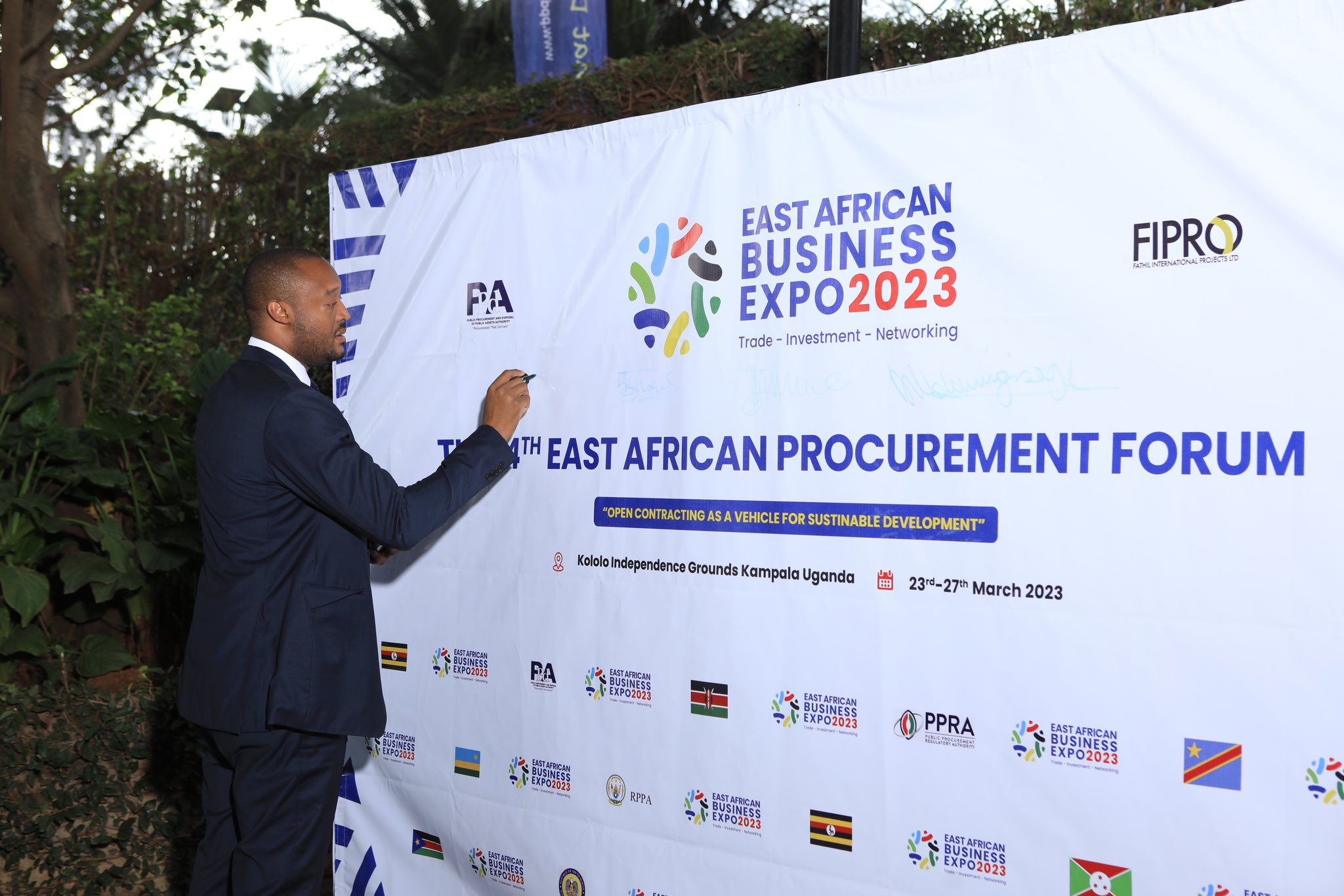Journalists follow the engagement at Hotel Africana in Kampala.
Bank of Uganda, DTB Bank and Mediage PR in a partnership Wednesday morning trained journalists in Kampala on how best to manage their finances.
This was in a financial literacy engagement held at Hotel Africa.
Tilda Nabbanja Turyagenda, the Head of Financial Literacy at the Central Bank, DTB Executive Director, Maina Kariuki and Mediage’s John Chichi graced the engagement.
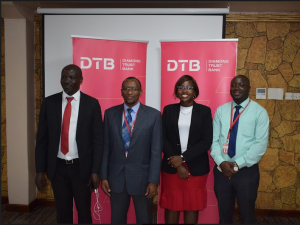
DTB Bank Executive Director, Karuiki (2nd left) and Nabbanja took journalists through a financial literacy engagement.
According to Kariuki, there are times when an individual is prospering while there are also the tough times.
Giving references to the Biblical Joseph and the Pharaohs who had to rely on savings during the tough economic times. Likewise, he told journalists about the need to “set aside some of your income for tomorrow.”
“You need to invest, no matter how much you earn. You will never have enough anyway. Do something about the resources that you are earning. When you move a step, the portion you save will increase automatically. Plan your life accordingly,” Karuiki laid ground for Nabbanja, who took the session through ‘Financial literacy for personal financial health’
During the session, Nabbanja emphasized the need for knowledge, skills and confidence to manage finances well.
Financial issues are personal, Nabbanja emphasized. “Some people apply the basics while others don’t. That’s the difference.”
These applications, Nabbanja said are in areas of savings, investment, loan management, insurance and retirement among others.
Keep learning, Nabbanja stressed.
Nabbanja’s session was informed by the fact that only 8.6% of Ugandans are able to survive for six months after suffering job loss. Quoting the Capability survey 2020 report of the Bank of Uganda, Nabbanja added that 21% save to achieve goals; 0.7% save for leisure activities while 43.9% save to consume.
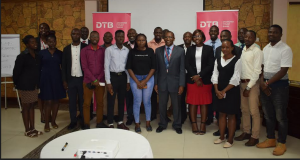
Participants pose for a photo with facilitators after the training.
“Can we continue saving with a goal that leaves something to show for your money? Eat your money with a plan. You need to change your knowledge. When you know better, you can better achieve realities,” Nabbanja said.
Quoting another report, Nabbanja revealed that 80.7% start businesses with their own savings. However, only 47.7% use their own savings to grow their business, meaning the rest prefer to approach a financial institution for a loan in order to expand their businesses. Nabbanja says that 51.5% attribute failure to succeed in business to lack of finances as a key challenge of business growth.
“Borrow wise,” Nabbanja warned, advising that “Continue saving even after you have access to a cash flow.”
While addressing the issue of financial fears, Nabbanja encouraged planning for every coin received.
“Use a budget plan for all the money you are blessed to receive. Make your monthly budget. For every money that comes into your life, agree with it on paper that it is an expense that you need to go into,” she said.
That way, she says, one is able to pay their loan in time, spend on the things that they need first and save first before spending.
Nabbanja appealed to participants to invest in the things “you understand well enough and can monitor.”
“If you can’t monitor it, don’t go into it, ” she warned, advising that “you go for risk free investment.”
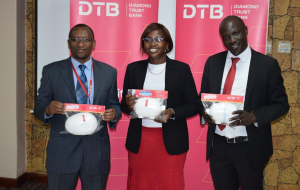
Nabbanja said: “Start investments with your savings and only borrow to grow your investments. Insurance helps you manage the risk of losing your hard earned investment or property. Deal with only supervised/regulated institutions. Don’t forget to plan for your old age. Live a balanced life and spend more on your immediate family.”
These, Nabbanja says, will lead to financial health and that once financial health is achieved, an individual is able to be resilient and confident in their financial life.
In his closing remarks, Karuiki said after the Covid-19 lessons, the Bank cannot continue doing things the old way. He says the Bank has adopted digital solutions and that the services are getting more digital. Currently, DTB Bank is pushing a cashless campaign through a digital banking savings account which according to the Bank is simple, secure and convenient.


